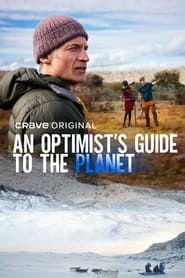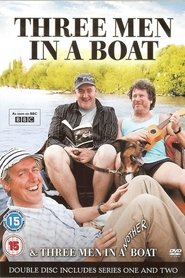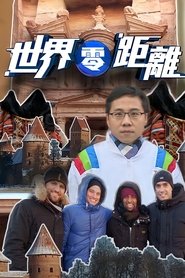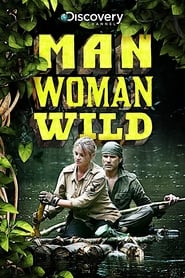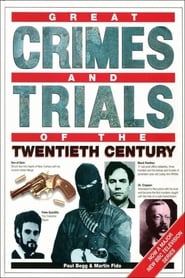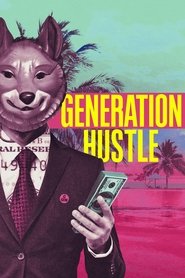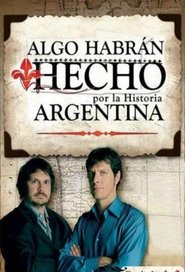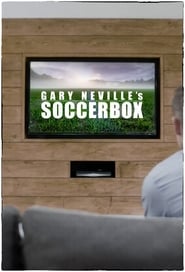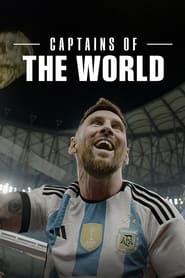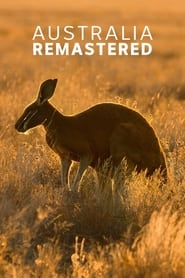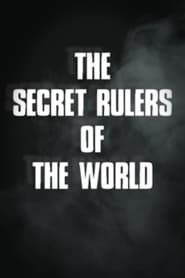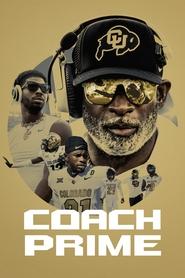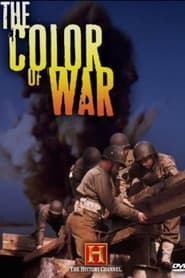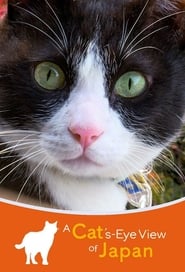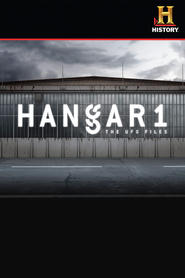Documentary TV Series - Page 124
-
Comedy Map of Britain
2007
Comedy Map of Britain is a BBC documentary series which visits the places that have inspired many of Britain's leading comedians. It first aired on BBC Two in 2007 and 2008. Narrated by veteran broadcaster Alan Whicker, comedians included in the two series include Angus Deayton, Anton Rodgers, Arthur Smith and Hale and Pace, Bill Bailey, Chris Moyles, the Chuckle Brothers, Dudley Moore, Eric Idle, Graham Fellows, Hugh Grant, Ian Hislop, Ian Lavender, Jim Davidson, Jon Culshaw, Mark Thomas, Maureen Lipman, Michael Palin, Paul Merton, Richard Whiteley, Ricky Gervais, Ronni Ancona, Rowan Atkinson, Roy Chubby Brown, Steve Coogan, Syd Little and Eddie Large, Terry Jones, Leigh Francis and many others. -
An Optimist’s Guide to the Planet
2024
star 7.3Follow Nikolaj Coster-Waldau’s search for the people, ideas, traditions, and attitudes – the solutions – which will transform fear of the future into hope, climate angst into optimism and human disconnection into engagement. In each of the six episodes, Nikolaj and his affable team criss-cross the globe exploring humanity, witnessing its power for good and learning about some of the remarkable solutions (both old and new) that inspire his optimism for the future. -
Three Men in a Boat
2006
Three Men in a Boat
2006
star 5Three Men in a Boat is a television comedy/documentary series produced by Liberty Bell Productions for BBC Two starring Dara Ó Briain, Rory McGrath and Griff Rhys Jones, first shown on 3 January 2006. In this first rendition, the three participants rowed in a replica wooden skiff from Kingston upon Thames to Oxford. The BBC subsequently commissioned and aired Three Men in Another Boat, Three Men in More Than One Boat, Three Men go to Ireland, Three Men go to Scotland; Three Men go to Venice, and Three Men go to New England, broadcast in 2008, 2009, 2009/2010, 2010 and 2011 respectively. Every series, bar the first, has featured the music from the Pirates of the Caribbean film series. In late October 2011, a production team was shooting in Provincetown, Massachusetts, America's oldest art colony, at the tip of Cape Cod. -
Big Big World
2014
-
Man, Woman, Wild
2010
Man, Woman, Wild
2010
star 6.7Mykel Hawke is a former Special Forces survival expert. His wife Ruth is a television journalist. Together, they take on some of the most forbidding and remote locations around the world. Dropped into each spot, they must survive as a team for four days and nights, with only a knife and the clothes on their backs. As they test their will and their marriage, the two find common ground standing up to nature as husband and wife in the wildest places on Earth. -
Great Crimes and Trials
1993
star 10Great Crimes and Trials is an early 1990s BBC documentary television series. The program consists of archival material combined with never before seen interviews to reconstruct a renowned crime, examining the felon's motives, details of the crime, the investigations and the trial. Each episode is narrated by actor Robert Powell. In the United Kingdom the program is shown on weekdays on the Crime & Investigation Network. The first series was released on DVD by Columbia Tristar in 2005, and the third series was released on DVD by Network DVD in 2011. The first and second series were released on video by Columbia Tristar in 1997. -
Decisive Battles
2004
Decisive Battles
2004
star 8.5Decisive Battles was a television show on the History Channel that depicted historic battles. It ran for thirteen episodes in mid-2004. The show used the game engine from Rome: Total War to present 3-D versions of the battles. The show was hosted by Matthew Settle, who usually traveled to the sites of the battle. Reruns of the show air on the History International channel and the Military History channel. -
GEN
1993
-
Generation Hustle
2021
Generation Hustle
2021
star 7.1Explore the extraordinary measures taken by ten savvy individuals to pull off mind-boggling, high-stakes gambles. Each episode charts the exploits of an overzealous entrepreneur who may have gone too far in their pursuit of riches and recognition. -
Algo habrán hecho
2005
Algo habrán hecho
2005
star 8.8Algo habrán hecho is a documentary film for television that narrates the history of Argentina. It was created by the argentine historian Felipe Pigna, who acted as presenter. In the first two seasons Mario Pergolini was a co-presenter of it, but after giving up on all works on television his role in the documentary was taken by Juan Di Natale. Di Natale and Pergolini were by that time co-presenters of the talk show Caiga quien caiga. Di Natale pointed that he wasn't meant to act as if he was Pergolini, but the script writers wrote instead the scripts based on his own personality. The first season, aired in 2005 on Canal 13, narrates the history of Argentina from the british invasions of the Río de la Plata to the fall of Juan Manuel de Rosas during the Battle of Caseros. The second season, aired in 2006 on Telefé, resumes the narration from that point and continues up to the suicide of Leandro N. Alem in 1896. The third one, aired in 2008 on Telefé, resumes as well from the end of previ -
Gary Neville's Soccerbox
2017
star 5Expert soccer pundits and retired footballers talk to Gary Neville about the sport and speak about a few compelling matches they played against each other. -
Captains of the World
2023
star 8.5From the locker room to the pitch, this docuseries offers exclusive access to all 32 teams as they fight for football glory in the 2022 FIFA World Cup. -
Australia Remastered
2020
Australia Remastered
2020
star 8.5Join host Aaron Pedersen as he takes audiences on a journey around Australia, exploring the country’s iconic wildlife, its unique landscapes and the great oceans that surround it in the new series Australia Remastered. Explore some of Australia's most iconic and fascinating animals. From mysterious orca to the iconic kangaroo, intelligent parrots and the secret lives of reptiles, all have evolved to survive across the Australian landscape. -
The Secret Rulers of the World
2001
star 8The Secret Rulers of the World was first shown on Channel 4 in April 2001. The five-part documentary series accompanied creator Jon Ronson's book 'Them: Adventures with Extremists', which covered similar topics and described many of the same episodes. Both the series and book detail Ronson's encounters following theorists and activists residing outside political, religious, and sociological norms. -
Coach Prime
2022
Coach Prime
2022
star 5.4Follow the 2022 Jackson State University Tigers football team at practice and during games, in the locker room, off the field, and in the community, throughout their 12-0, undefeated SWAC Championship season. -
The Color of War
2001
-
A Cat's-Eye View of Japan
2022
Globe-trotting wildlife photographer and filmmaker, Iwago Mitsuaki, offers the best of a vast collection of cat footage he took in Japan. On this unique trip around the country, discover the lesser-known charms and customs of regions through the eyes of cats! -
Citizen Rose
2018
Citizen Rose
2018
star 8.7Rose McGowan, artist and activist, documents the work being done to spread her message of “bravery, art, joy and survival.” -
Hangar 1: The UFO Files
2015
star 7.4Delve deep into a vast archive of over 70,000 UFO files gathered over nearly half a century in Hangar 1. MUFON, an independent organization dedicated to investigating UFOs, has compiled these archives looking for connections, clues, and evidence to find the truth about UFOs.

